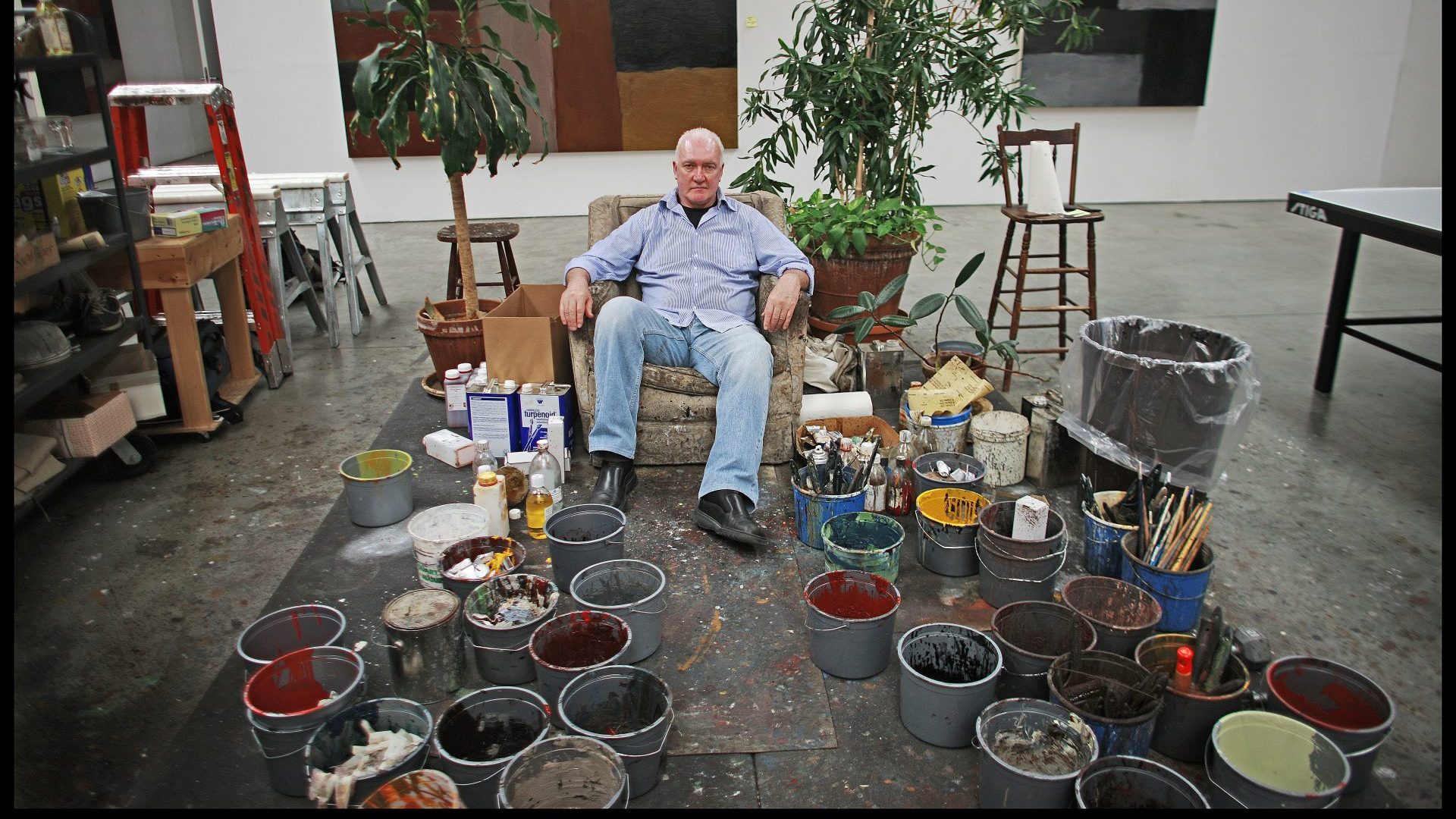It is one of the strange ironies of modern British politics that – apart from its most devoted backer, Nigel Farage – Brexit has destroyed almost everything and everyone it has touched. It is like something out of an ancient myth – except there are no heroes here, only hubris.
David Cameron and George Osborne thought they could make it go away, until it made them go away. Theresa May tried to ride the tiger and was devoured. Michael Gove attempted to clever-clever his way into No 10, only to end up a mere spectator. Boris Johnson reached what he always saw as his destiny, before being brought down by the weight of his own personal flaws.
Liz Truss, a non-believer who became one of Brexit’s loudest champions, saw it as a chance to defy economic gravity with unfunded tax cuts. Zealots on the back benches and in thinktanks urged her to go further, faster. Now she wanders the earth, seeking out lost souls to hear her mad conspiracy theories.
Finally, Rishi Sunak red-lined his way out of any meaningful attempt to improve Brexit, and was swept aside. Last July’s electoral massacre took many of the true believers with him.
No flowers or tears, please. All those felled by the Brexit curse remain wealthy and well paid – unlike the people who voted most enthusiastically for it on June 23, 2016.
If Reform forms the next government, those real losers from Brexit will lose again. And again. Yet they will still vote for Farage. Like victims of a fraud, they remain vulnerable to the next fraudster who promises to get their money back.
They are the low-paid, the low-skilled, those for whom school never worked. They’re stuck on insecure contracts, in temporary jobs, suffering from poor health and stagnant living standards, marooned in overlooked, rundown communities.
These people have been promised the earth for decades and have lost faith that any major party can deliver. Now, they’re drawn once again to the same scam artist who made their lives worse, but smirks and blames others for his supporters’ pain.
Brexit and Reform voters are often the same people who once believed Thatcherism would set them free. Then New Labour promised prosperity, only for it all to end in a banking collapse – caused by Thatcherite deregulation – that forced the poorest to bail out the richest. That was followed by years of austerity, low growth, and flat wages, during which they suffered more than anyone else.
Then came another panacea: Brexit. It claimed that foreigners – Brussels bureaucrats, Polish plumbers, asylum seekers – were to blame. It was a lie then and it’s a lie now. But the lie remains persuasive to those with nothing else to believe in.
No one is telling these voters how much Brexit has cost them, but the evidence is clear. Recent research by the University of Warwick found that post-Brexit costs rose most in areas that: a) voted Leave in 2016; b) have large manufacturing sectors; and c) have high numbers of low-skilled workers.
The North East, Scotland, the Midlands, coastal towns, former pit villages, and old industrial centres have been hammered by a collapse in manufactured exports – now 15% lower than they would be without Brexit. The manufacturing sector is once again contracting and is expected to do so next year, too.
Small and medium-sized firms have been hit hardest – many simply gave up on exporting altogether. Business investment is dismal; competitiveness and productivity worse. Wages remain stagnant at best.
These Brexit-voting regions haven’t just endured the 5% drop in GDP seen nationwide – they’ve lost at least 8%, often more, despite already being poorer than the rest of the country.
Analysis by the UK in a Changing Europe thinktank shows: “The economic decline is most pronounced in England and Scotland, with GDP reductions of -7 percentage points and -8.7 percentage points, respectively.” While the West Midlands and even London have seen declines, the report finds “coastal districts and cities have been hit hardest.”
The cuts needed to pay for the Brexit fallout have also disproportionately affected the poorest. Benefits, local government, education, policing, social care, infrastructure, and the NHS all suffered under austerity – both before and after the referendum. And because local councils faced year after year of cuts, the Institute for Government found:
“This played out differently across the country, with notable effects in the most deprived areas. Surprisingly, the most deprived areas received the biggest grant cuts… [and] were more likely to make deeper neighbourhood services cuts. In some cases, this resulted in bigger performance declines.”
Of course, the Brexit vote was also a vote against immigration – and the failure to control migrant numbers has only strengthened the hand of Reform and Farage, even though immigration is vital to growth.
The sectors most damaged by the government’s erratic immigration controls – regional universities, social care, the NHS, construction, and agriculture – are often the largest local employers in struggling regions. Undermining them helps no one and hurts the poor the most.
Yet researchers have identified a “doom loop,” in which Brexit voters who suffer most from Brexit are also the most likely to vote for the far right.
It may seem irrational – even self-destructive – that those who voted Leave in 2016 now pledge growing support for the very forces that created this mess. Reform is promising American-style cuts to already inadequate public services, a return to Trussonomics, and the effective abolition of the NHS as we know it.
But these voters have been losing out for decades. And no one has helped them.
Nine years after Brexit, Nigel Farage is once again offering them snake oil. But as many see it, at least he is offering them something.




